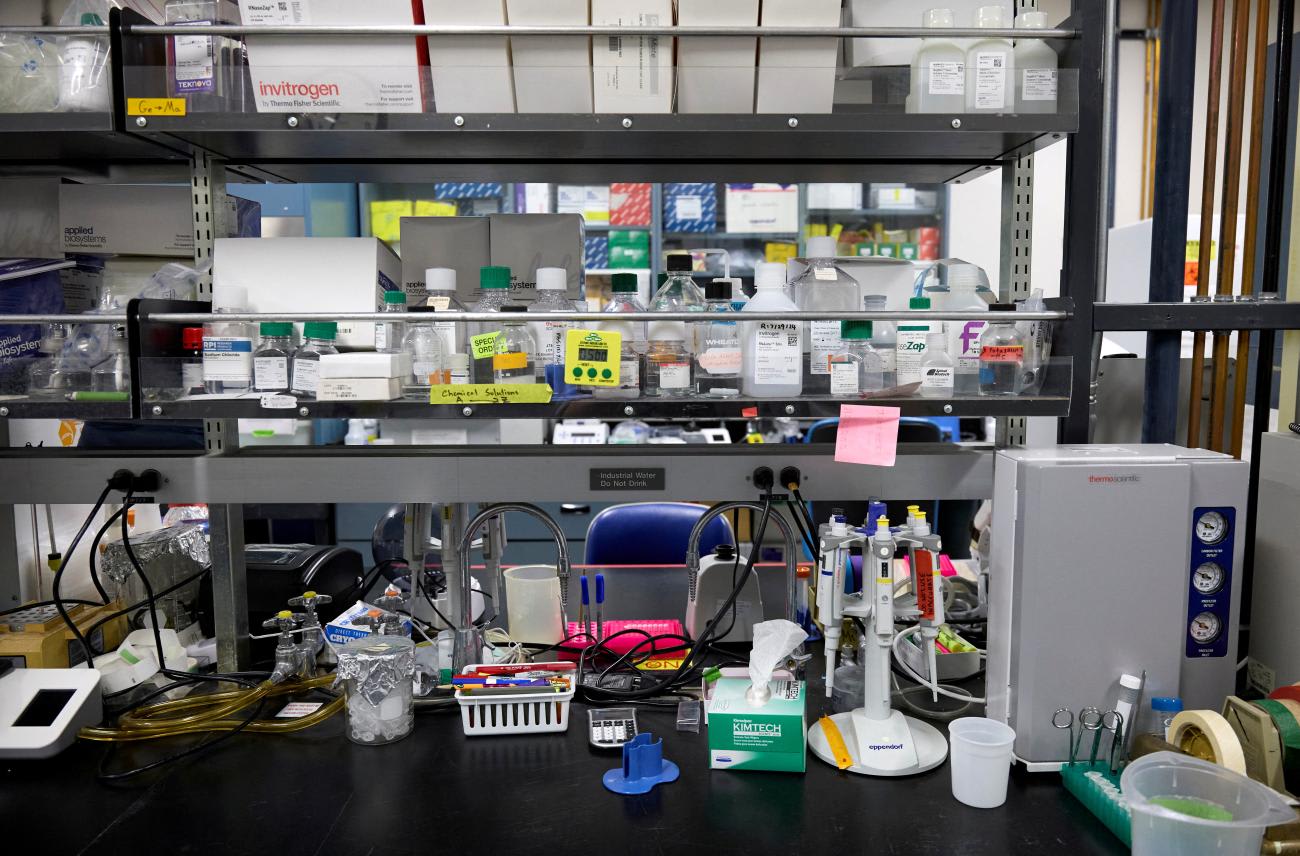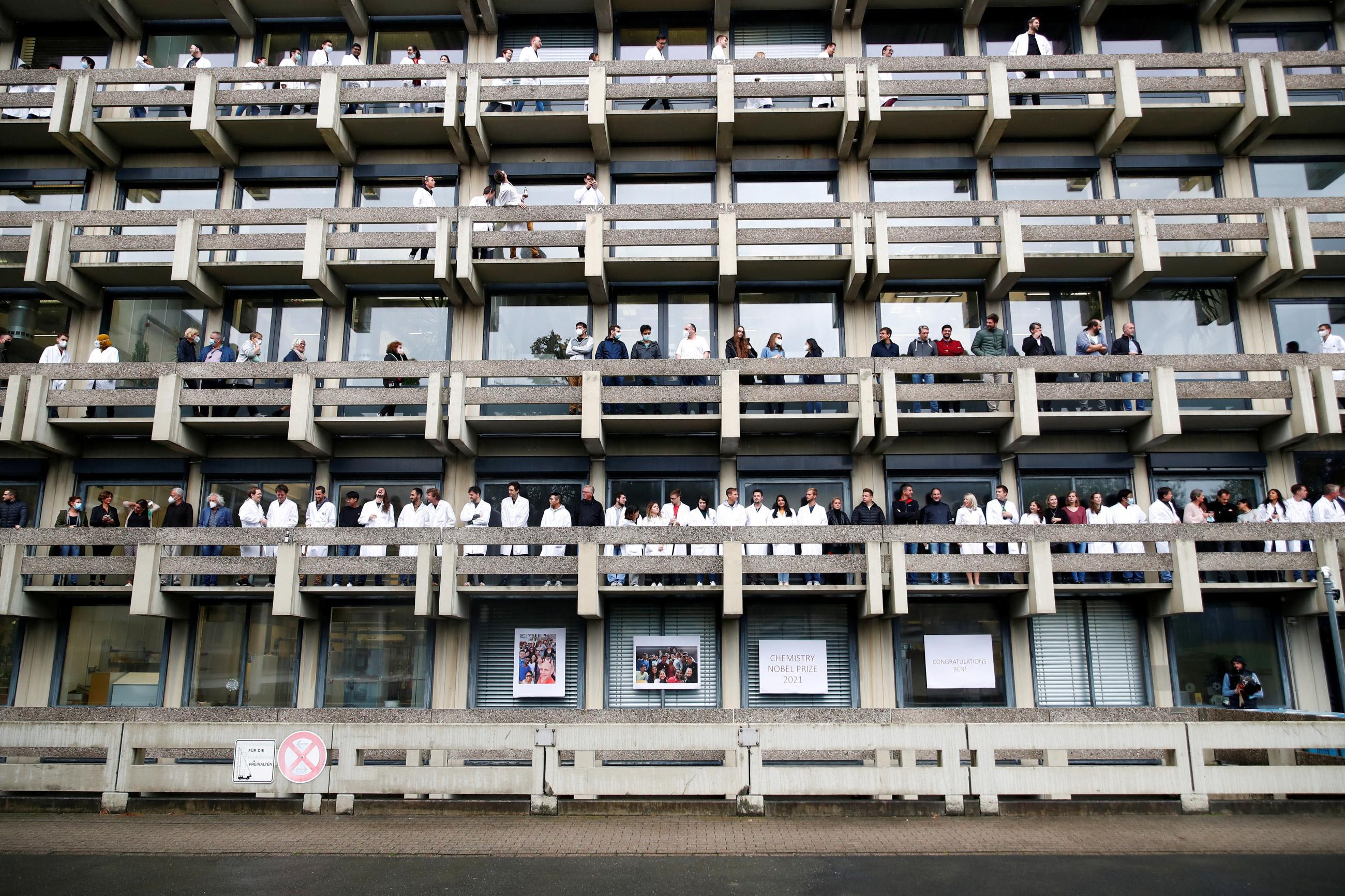Recent headlines have made it clear that the U.S. State Department is undergoing vast shifts in how it conducts its work on health and science diplomacy. Although many of the details remain to be determined, the direction of travel is enough to warrant great concern.
U.S. leadership has been a cornerstone of science diplomacy for decades. Through diplomatic and scientific engagement, the United States has spearheaded Ebola responses overseas, bolstered action to tackle extreme heat risk, and curbed cancer threats associated with the hole in the ozone layer.
As a nation, it has trained thousands of scientists and strengthened regional organizations such as the African Union. The United States used its megaphone to draw attention to the health dangers of climate change, to raise money for a world safe and secure from infectious disease risks, and to support multilateral agreements that hold all signatories accountable for their commitments. Those legacies are now under threat as the United States retreats from being a science leader.
U.S. leadership has been a cornerstone of science diplomacy for decades
The risk here is not only that competitors could seize the mantle of leadership and reshape the world in their image, it is also that partners and allies will lose trust in the United States and withdraw from cooperation altogether. Budget cuts are tough. The loss of staff and institutional knowledge systems has been devastating.
But a decline in trust and the cooperative mentality—benefits that arise from a functioning health and science diplomacy system—are the most difficult problem of all.
A Time-Honored Tradition
From 2013 to 2025, I worked in multiple capacities as a civil servant in the State Department under both Republican and Democratic administrations, including the first Donald Trump administration. Although priorities shifted, often dramatically, from one administration to the next, a common understanding persisted through all 12 years: Working with other countries on health and science issues benefited the United States. Facilitating that collaboration required a carefully constructed blend of diplomatic, development, technical, and scientific cooperation, delivered via experts in health and science diplomacy.
During the first Trump administration, programs such as the Fulbright Program and International Visitor Leadership Program were leveraged to show the best and brightest students, scientists, and practitioners from all parts of the world what benefits the United States has to offer. Robust international engagements convened via Science Envoys and Embassy Science Fellows programs shared how Americans conduct research and inspired others to emulate us.
The footprint of agencies such as U.S. Centers for Disease Control and Prevention (CDC), which works around the world to keep Americans safe from emerging pandemic threats, were expanded. The foundations were laid for deeper cooperation via U.S. scientific funding agencies, such as the National Institutes for Health, the National Aeronautics and Space Administration, the National Oceanic and Atmospheric Administration, and the National Science Foundation. The World Health Organization (WHO) was engaged on documents that created stronger international systems to deal with zoonotic and climate-sensitive diseases. The President's Emergency Plan for AIDS Relief (PEPFAR) program was credited with saving 26 million lives. When COVID-19 struck, my colleagues and I engaged in a worldwide effort to secure the supplies that American first responders and doctors needed to fight the pandemic at home.

Now, nearly every one of those programs is in jeopardy. Fulbright scholars programs were frozen midway through this school year; massive cuts—of 93%—have been proposed to the bureau that runs that program, as well as International Visitor Leadership Programs. The CDC's global programs have been pared back. The office that runs the Science Envoys and Embassy Science Fellows programs is due to close this summer. Funding for vital research activities is in serious trouble.
The United States has withdrawn from core international organizations such as the WHO. The Department of Government Efficiency (DOGE) has attacked PEPFAR, a bipartisan priority since President George W. Bush launched it 22 years ago. The United States is even stepping back from President Trump's accomplishment of developing safe and effective COVID-19 vaccines.
The irony of these damaging changes is that the United States and its allies need health and science diplomacy now, more than ever. When I left the State Department in March, I joined the think tank Global Nation, which is committed to the "science of solidarity." The premise is that the United States should cooperate with nations to achieve global public goods: a stable climate, a healthy and pandemic-free world, a more equal society, and resolution to conflict.
That means uplifting not only scientific and technical efforts but also using diplomacy to create the basic framework for this cooperation.
What Comes Next?
Although changing course is still possible, the window to do so is closing fast. I urge all decision-makers—in the administration, in Congress, and beyond—to think carefully about the steps they take from here. They should consider whether America is safer, stronger, and more prosperous on its current course or if the country is at its best when it leads from the front, sets an example, and brings its smartest ideas to offer to the rest of the world.
If you do not consider yourself to be a decision-maker, I urge you to consider your own power. "Citizen" is the most important role in any democracy. If you think that the country is best when it is leading the world in health and science diplomacy, say so. "Saying so" need not be in the formal halls of power.
The best examples of health and science diplomacy I witnessed in government came from when communities across the United States opened their doors for all to see what they did well, what they struggled with, and where they were learning and improving. Even if the formal programs of diplomacy are shuttered, the power of your example will remain.
That power is still yours to use.













